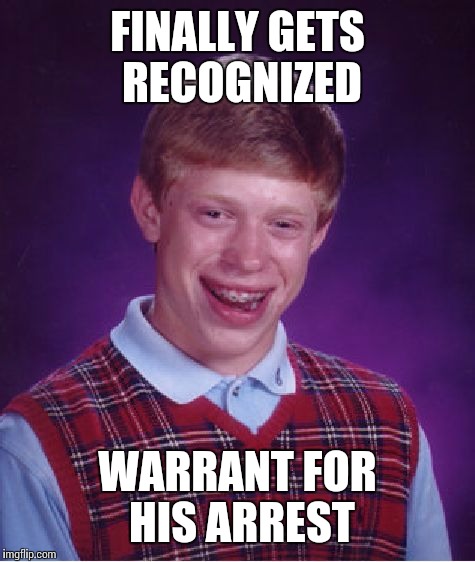
“The police arrest Bill Maplewood for possession of CSAM. Having read Riley, they plan to obtain a warrant to seize his laptop computer and search it for evidence. The laptop’s hard drive also contains his tax records, his emails, and patient records from his psychiatric practice. Which of these can the police examine? How should they carry out the examination? Can they also look for evidence of tax evasion? How long can they retain the laptop? Which of these limits should be detailed in the warrant itself?”
The Fourth Amendment states: “the right of the people to be secure in their persons, houses, papers, and effects against unreasonable searches and seizure, shall not be violated, and no warrants shall issue, but upon probable cause, supported by oath or affirmation, and particularly describing the place to be searched, and that persons or things to be seized.” (emphasis added). The warrant must specify which particular places are to be searched or which items are to be seized; a search or seizure that goes beyond those limits is invalid. The warrant is likely just to look for CSAM because that is what they have probable cause to issue the warrant for. Therefore, they would not be allowed to search all files in the computer. Since it is hard to identify which files contain CSAM, they may have to look into the actual content on them. However, once they open the file and identify it’s not CSAM, they can not continue to inspect it to see if there is evidence of tax evasion. They will likely be able to retain the laptop as long as necessary to conduct the investigation.
Leave a Reply